11 Groceries Getting More Expensive as Massive Tariffs Start Today
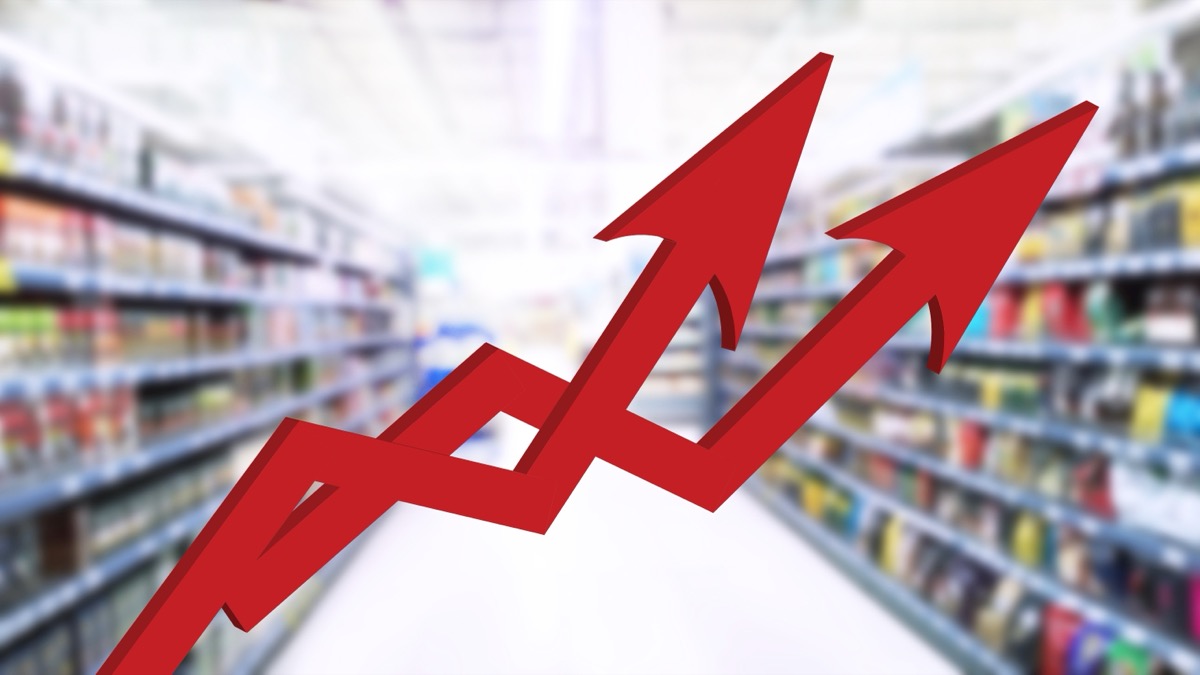
President Trump's sweeping "Liberation Day" tariffs are now in effect, hitting trade partners with import duties as high as 49%. How these new tariffs affect your groceries depends on factors such as how heavily retailers rely on those imports, which means the average consumer could soon be paying more for certain grocery items. The tariffs may impact pantry staples such as coconut cream and soy sauce, as well as rice, sugar, salmon, and frozen fish and shellfish. Larger retailers may be able to absorb the impact more, but smaller specialty importers may be forced to raise prices. Here are 11 groceries that may soon be impacted by the new tariffs.
Rice and Instant Noodles From Vietnam
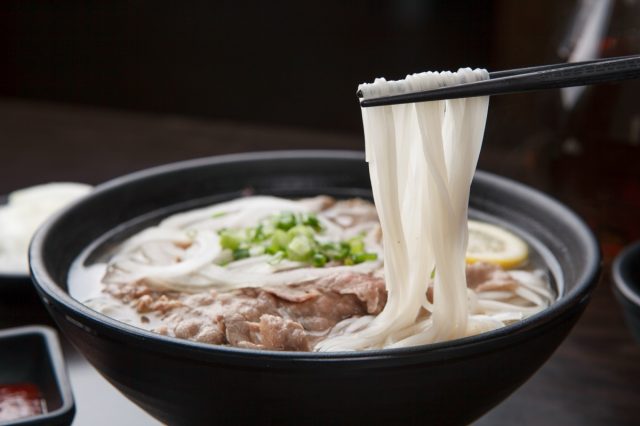
The new 46% tariff on Vietnam could drive up prices on everything from Nike sneakers to jasmine rice and popular noodle brands like Hảo Hảo, making them less budget-friendly. Vietnam is also a key exporter of coffee, pepper, and electronics, which could all see price increases.
Soy Sauce and Ramen From Japan
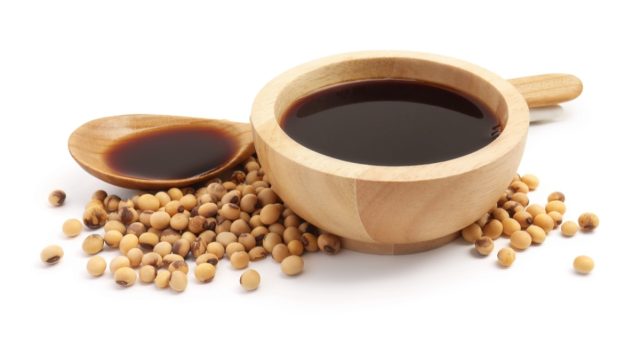
Japan has been hit with a 24% tariff, so expect Japanese pantry staples such as ramen noodles and soy sauce to be impacted. Japan is also a key exporter of motor vehicles, which have also been slapped with a 25% tariff, as well as Wagyu beef and curry roux.
Olive Oil and Cheese From the European Union

European countries are now facing a 20% tariff, which may impact everything from champagne to cheese and olive oil, especially for specialty importers. "Europe has not started this confrontation. We do not necessarily want to retaliate, but if it is necessary, we have a strong plan to retaliate and we will use it," European Commission President Ursula von der Leyen told EU lawmakers.
Tea and Spices From India
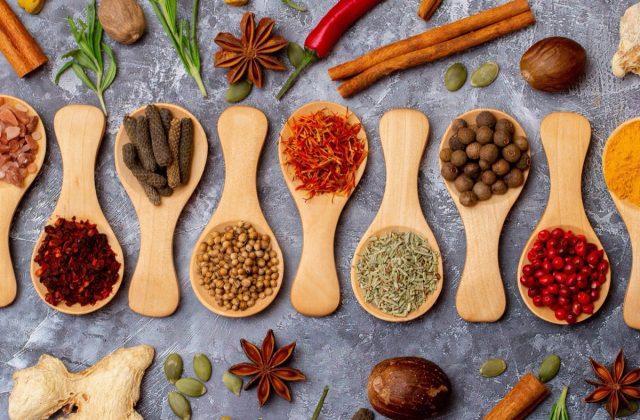
India has been hit with a reciprocal 28% tariff, which may seriously impact the price of grocery items such as tea, spices, curry powders, and more. India's processed food, cocoa, and sugar exports may also be affected by the new tariffs, as might the clothing processing factories who import cotton clothing to the U.S..
Snacks and Drinks From South Korea
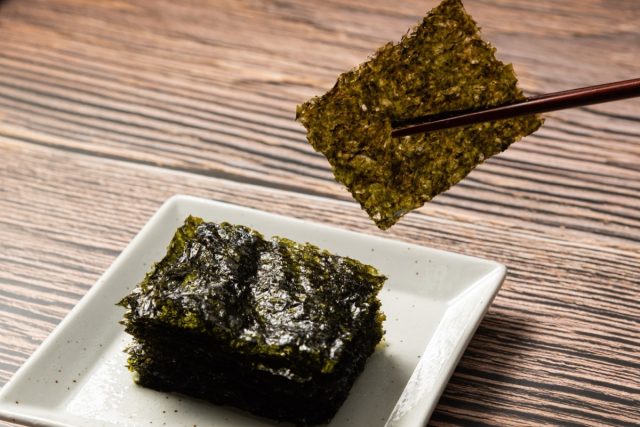
South Korea is facing a 25% tariff, which may impact exports such as instant coffee, seaweed snacks, instant coffee mixes, Binggrae banana-flavored milk, electronics, and more. Retailers that rely on Korean distributors may have no choice but to hike prices to offset the tariffs, so if you have favorite snacks, better stock up on them soon.
Canned Tuna and Coconut Milk From Thailand
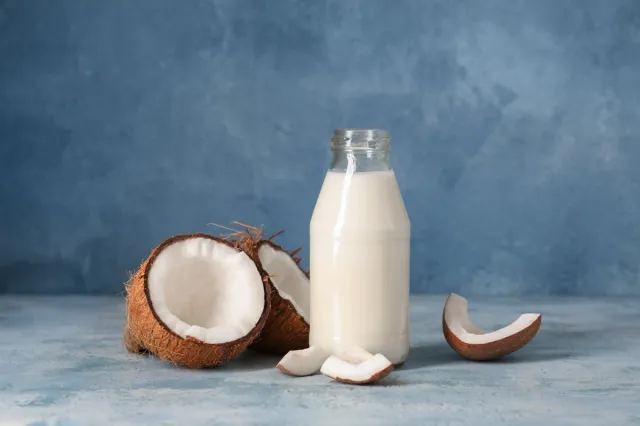
Thailand is a big exporter of regular and organic coconut milk and coconut cream, as well as other staples such as fish sauce (like the Red Boat brand) curry pastes, canned tuna, frozen shrimp, rice, and more. According to AP, South Korea ran a $66 billion trade surplus with the U.S. last year. The new 36% tariff may heavily impact these imports.
Cocoa and Instant Coffee From Switzerland

A steep 31% tariff on Swiss goods could hit luxury chocolate brands such as Toblerone, Lindt, and Torino, as well as instant coffee mixes such as Nescafé, Café Royal, and Chicco d'Oro. Switzerland also exports vaccines, watches, and precious metals to the U.S.
Peanut Oil and Long-Grain Rice From China

China is facing one of the more steep tariffs at 34%, which may impact toys, fast fashion, cell phones, and other electronic devices. Grocery items such as rice, cooking oils, and soy products may also be impacted by the tariffs, and China has a major frozen shellfish export business, which means your frozen shrimp could become more expensive soon.
Canned Fruit and Seafood From Taiwan
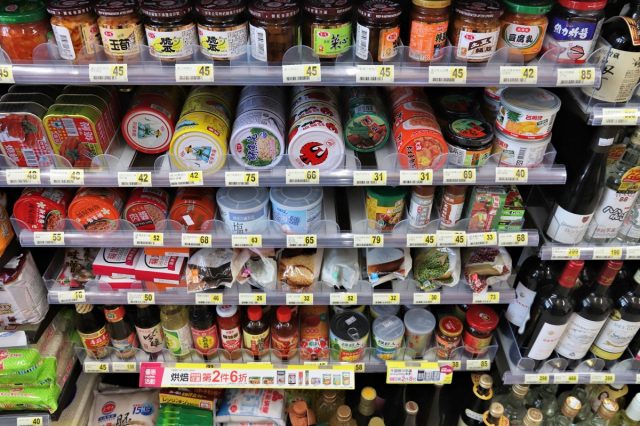
Taiwan is a major exporter of snacks to the U.S., which could be affected by the 32% tariff. Taiwan also exports a large amount of non-alcoholic drinks and canned fruit and seafood, as well as bakery items. 90% of the most advanced electronic chips are made in Taiwan, which means cell phones and other devices could become more expensive.
Condensed Milk and Coffee Mixes From Malaysia

Malaysia's 29% tariff may impact sweetened condensed milk brands like F & N, and 3-in-1 coffee blends such as Malaysia Aik Cheong Instant Mix Coffee. Smaller importers will feel the bite more than larger ones, and may be forced to hike their prices as a result. Malaysia also exports a lot of fruit like Durian, cocoa, and processed foods to the U.S.
Whisky, Tea, and Sugar From the U.K.

The U.S. is the UK's largest export market for goods and services including food items, which totaled £2.0 billion in 2021, according to the U.K. government. Items such as whisky, chocolate, cheese, tea, beer, snacks, salmon, sugar, gin, and more could be impacted by the 10% tariff being levied on the U.K. For Scotch whisky makers especially, the U.S. is crucial for business—worth £971 million a year, according to the BBC.









